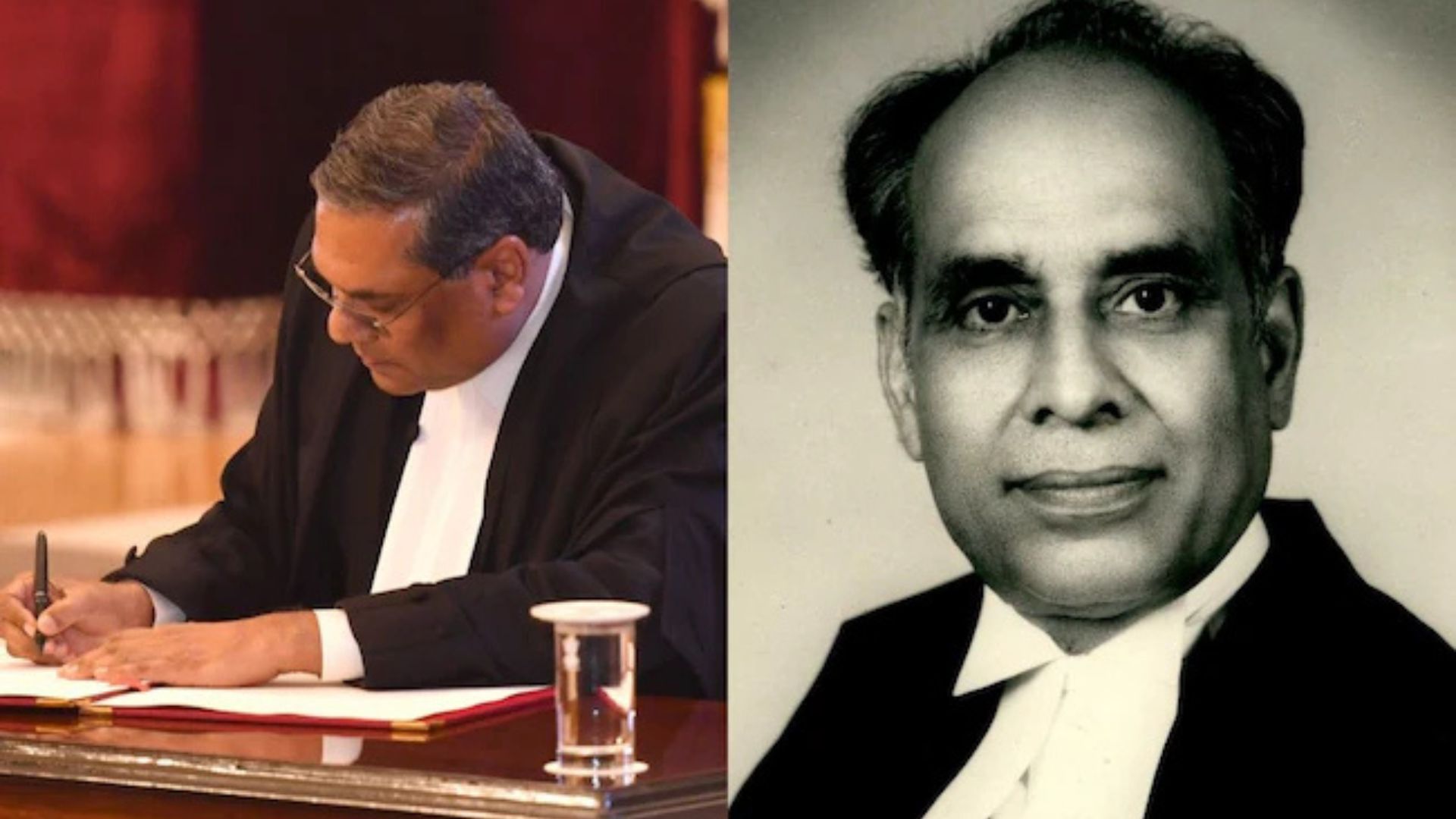Forty-seven years before Justice Sanjiv Khanna became India’s 51st Chief Justice, the Khanna family was close to having its first Chief Justice through his uncle, Justice Hans Raj Khanna. However, Justice Khanna’s dissenting opinion during India’s Emergency period prevented him from reaching the nation’s highest judicial position.
Born in 1912, Justice Hans Raj Khanna studied in Amritsar before entering the legal field. He was appointed as a district and sessions judge in 1952 and later served as a high court judge in Delhi and Punjab. In 1971, he ascended to the Supreme Court, positioned to become Chief Justice in 1977.
But fate had different plans. During the Emergency imposed by Indira Gandhi’s government in 1975, a pivotal case, ADM Jabalpur vs Shivkant Shukla, reached a five-judge Supreme Court bench. The court ruled 4-1 that personal liberty could be suspended in state interests; Justice Khanna was the lone dissenter. He declared preventive detention laws without trial to be “an anathema to all those who love personal liberty,” warning of the erosion of essential human freedoms. Despite being next in line, Justice Khanna was passed over in favor of Justice MH Beg as Chief Justice, leading him to resign.
Justice Khanna is also renowned for his stance in the Kesavananda Bharati case (1973), where he supported the doctrine that Parliament could amend the Constitution, but its basic structure must remain unchanged.
Also read: Justice Sanjiv Khanna Sworn in as 51st Chief Justice of India
After leaving the judiciary, Justice Khanna was approached by the Janata Party to contest elections and later to lead Emergency-related investigations, but he declined due to potential bias. He briefly served as Law Commission chairman and was offered the Union Law Minister position in 1979, which he resigned from after three days. In 1982, he ran as the opposition’s presidential candidate but lost to Zail Singh. He was honored with the Padma Vibhushan in 1999 and passed away in 2008 at age 95.
Years after his passing, the Supreme Court overruled the ADM Jabalpur verdict in Puttuswamy vs Union of India, acknowledging that Justice Khanna was right to assert that the right to life and liberty exists beyond state control, stating, “life and personal liberty are inalienable to human existence.”
For Chief Justice Sanjiv Khanna, Justice Hans Raj Khanna was an enduring inspiration. Although his parents hoped he would pursue accounting due to the challenges of a legal career, Sanjiv Khanna followed his uncle’s path, drawn by his courage in defending fundamental freedoms. Sources say he admired his uncle’s work and preserved his judgments, notes, and registers, planning to donate them to the Supreme Court library. On his first day as a Supreme Court judge in 2019, Justice Sanjiv Khanna sat in his uncle’s former courtroom, where a portrait of Justice HR Khanna still hangs—a tribute to his legacy.























